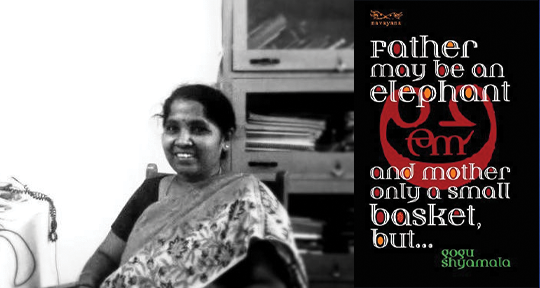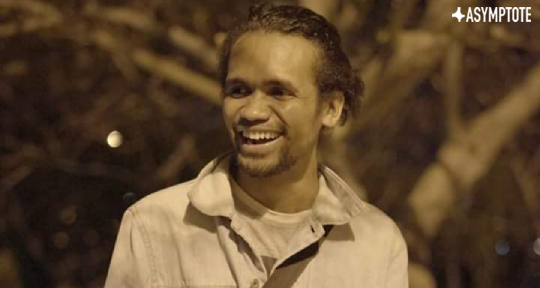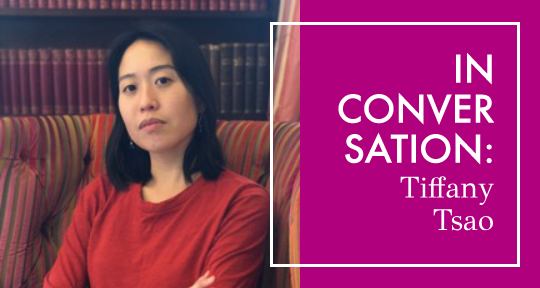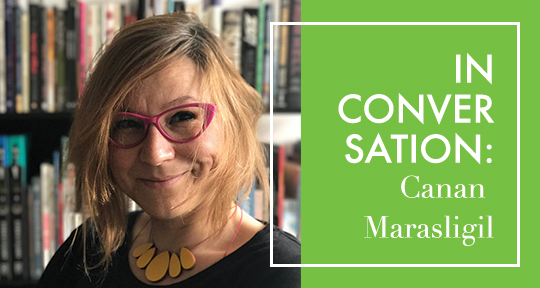Father May Be An Elephant and Mother A Small Basket, But… by Gogu Shyamala, translated from the Telugu by Diia Rajan, Sashi Kumar, A. Suneetha, N. Manohar Reddy, R. Srivatsan, Gita Ramaswamy, Uma Bhrugubanda, P. Pavana, and Duggirala Vasanta, Tilted Axis Press, 2022.
To read Gogu Shyamala’s Father May Be an Elephant, a landmark collection of twelve Dalit feminist stories translated from Telugu, is to uncover the gaping absence of women in Dalit literature. Rarely are stories exploring the intersections between feminism and Dalit experience translated into English. First published by Navayana, an anti-caste indie press based in New Delhi, the seminal stories are now distributed through another radical small press, Tilted Axis.
In the title story, children play in balmy, wet weather, shrieking with happiness as the clouds part to reveal a rainbow. A young girl waits for Mother, who has been “weeding the paddy fields all day.” Born in a house where musty dampness is etched into the soot-covered walls, she is used to seeing her family slog for hours. While a thunderous rain pours outside, the family members soothe one another, consoling and rubbing each other’s overworked backs. Father has lived away in the city for almost a year to earn back the money he was wrongly accused of stealing by the patel, a person belonging to a non-subaltern caste. On the rainy day he comes back, a tender joy spreads among the “orphaned birds.”
In his absence, the family survived on thick gruel, but to celebrate his return, Mother buys a kilogram of meat with chili and salt to make curry. The children relish the meal, roasting the meat over woodfire, content with full bellies. But when Father asks his wife for money to buy toddy, he is informed it was all spent to prepare the feast. Angered by her response, Father “beat her like she was cattle,” not stopping despite the wailing of the kids. “We were scared that he might beat us too if we went near him,” worries the panic-stricken protagonist, helplessly watching this violence along with her siblings. Father is ultimately berated by his own mother, who reminds him that it was his wife who took care of everyone while he was away. The title is a popular idiom—despite the elephant-like prowess of the father, the woman is the reason a family survives.






